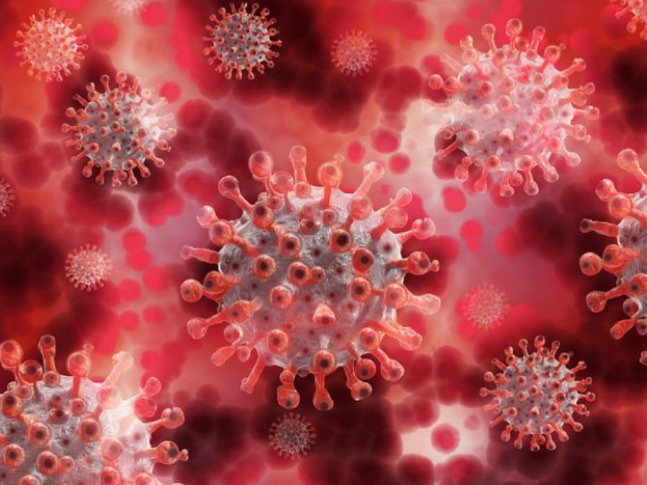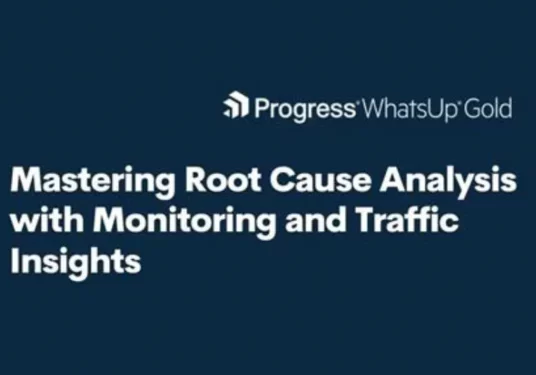Omicron: What You Need to Know About This Variant

SHARE
Omicron variant is a life-threatening variant of COVID-19 virus that has been making headlines lately. Though little is known about this disease, we know that none of us should take this lightly.

It can cause severe respiratory problems and even death in some cases. There is currently no cure for Omicron, and there is limited information about the variant available to the public.

Though scientists are still trying to understand all of the details about this variant, we do know some things. Here’s what you need to know!

What is Omicron- Knowledge is necessary for prevention!
The omicron variant has already affected 310+ thousand people in the UK. However, scientists are hard at work on developing a vaccine for Omicron. It is hoped that the vaccine will be available in the next few years. Until then, it is vital to know the symptoms of Omicron so you can get treatment as soon as possible.

The omicron variant is a type of herpes virus (COVID-19) and is a variant of SARS-CoV-2. The virus was classified as a variant of CoV-2 on 26 November 2021 by WHO under the supervision of the Virus Evolution advisory board. It can be spread through contact with infected saliva, blood, or other body fluids. The variant attacks the central nervous system, causing fever, headaches, and seizures. In severe cases, Omicron can lead to death.
Variants of SARS-CoV-2:
| COVID-19 Variants | First identified in | |
| Beta Variant | South Africa | |
| Gamma | Brazil | |
| Delta | India | |
| Omicron | South Africa |
Scientists and researcher are trying their best to learn more about the Omicron variant as there is still little information available for this variant.

There is no cure for Omicron, and the only way to protect yourself from it is to get vaccinated. Early diagnosis and treatment are essential for preventing severe health complications.
Symptoms of Omicron- Diagnose Omicron at the Earliest:
The symptom of this deadly variant includes:
- Fever
- Muscle aches
- Fatigue
- Pneumonia
However, symptoms of the omicron variant can vary from person to person. Some people may only experience a mild illness with fever, muscle aches, and fatigue. Others may develop pneumonia, which can be severe and even life-threatening.
Treatment- Vaccine for Omicron:
There is currently no vaccine for the omicron variant. Treatment focuses on relieving symptoms and supporting the immune system. Early diagnosis and treatment are essential for a positive outcome. Pfizer has stated that “the vaccine for omicron might be available by March 2022!”.
However, Paul Offit, a pediatrician, has suggested that “There is no need for vaccines for Omicron-variant as long as the COVID two-dose along with booster dose is working well.”
Meanwhile, the University of Washington has played a significant role by preparing a vaccine depending on the protein fragments similar to SARS-CoV and SARS-CoV-2, which were utilized for the clinical trials by SK Bioscience. The institute is still testing the vaccine and is unsure if it is suitable for the slowly changing antigens of Omicron and future variants.
Will there be future risks of more COVID-19 Variants after Omicron?
There is no telling what other variants of COVID may emerge in the future following the omicron variant. It’s essential to stay up to date on the latest information and take all necessary precautions to protect yourself and your loved ones. Remember, early detection is key to preventing serious illness or death from this disease.

Please get in touch with your doctor immediately if you think you may have been exposed to Omicron. There is still much to learn about this rare variant, but with the help of researchers and healthcare professionals worldwide, we will continue to fight against it.
*Cover Photo/Thumbnail Photo from Pixabay
RELATED ARTICLES

Your Ideal Getaway at The Peninsula Paris

Progress WhatsUp Gold: Mastering Root Cause Analysis with Monitoring and Traffic Insights – Live Webinar









